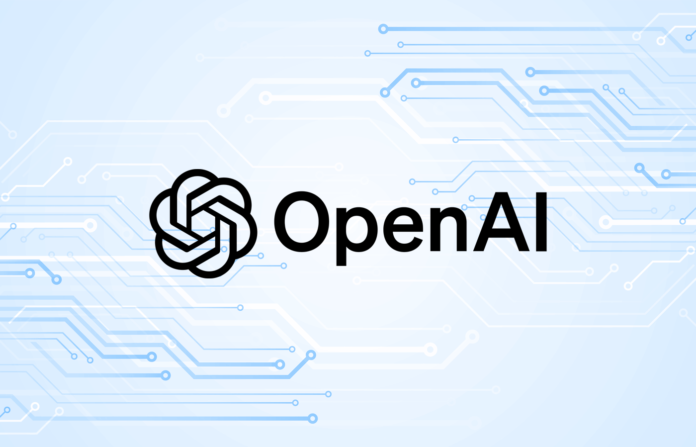OpenAI will air a pricey Super Bowl ad on Sunday, according to a Wall Street Journal article on Feb. 5. The ad will be the buzzy Silicon Valley company’s first TV spot.
As one of the earlier entrants into the consumer and enterprise generative AI spaces, OpenAI has not had to focus on advertising; however, as the WSJ points out, the field is increasingly crowded and the ad (plus OpenAI’s recently revealed slight change to its logo and branding) might help get more eyes on the ChatGPT maker.
OpenAI has already made great strides in the effort to make its flagship product synonymous with popular generative AI, though Sam Altman’s firm now faces competition from Microsoft, Google, Meta, Amazon-supported Anthropic, and others. The Chinese AI company DeepSeek in particular sparked conversations about DeepSeek’s chatbot products overtaking OpenAI in the global race for economic and information dominance.
According to the WSJ, OpenAI remains the market leader with 300 million weekly active users.
OpenAI brought in a crypto veteran for its marketing push
In 2024, OpenAI hired Kate Rouch, a high-profile marketing chief with the cryptocurrency exchange platform Coinbase and Meta on her resume. She previously placed a Super Bowl ad for Coinbase.
Super Bowl ads in 2025 can cost $7 million for 30 seconds of screen time. In 2024, 123 million people, or 36% of the U.S. population at the time, tuned in to the big game.
Overall, companies in the AI sector devoted $332 million to ads last year, according to the WSJ.
Another year of AI in Super Bowl commercials begins with a blunder
Google, Anthropic, and Microsoft ran Super Bowl ads in 2024, and this year looks to be another major showing for tech and AI in Super Bowl commercials – though there has already been a blunder.
Google modified a local market Super Bowl ad this week due to the AI model repeating an inaccurate statistic about cheese. The ad, which was shown on YouTube, showed Gemini creating a label for gouda for a cheese store owner. After investigating, Google determined that Gemini had pulled from incorrect information on the web. Google said the company asked the business owner to respond; he suggested rewriting the Gemini prompt without asking for a statistic, so the company used the updated prompt and answer in the edited commercial.
